Aquarium Cares for Injured Loggerheads from Northeast
 The N.C. Aquarium at Fort Fisher opened its doors to eight loggerhead sea turtles on New Year’s Day. A traveling-turtle relay hop scotched the ailing group of sea turtles more than 800 miles to receive dedicated medical care.
The N.C. Aquarium at Fort Fisher opened its doors to eight loggerhead sea turtles on New Year’s Day. A traveling-turtle relay hop scotched the ailing group of sea turtles more than 800 miles to receive dedicated medical care.
The animals were injured in a mass cold-stunning event along the New England coast in early December. More than 150 endangered and threatened sea turtles were rescued and transported to the New England Aquarium after becoming ill from prolonged exposure to cold water temperatures. The extraordinary number of turtles rescued required collaboration with wildlife organizations and aquariums offering space and resources to care for the sick animals.
Initially, the N.C. Aquarium at Fort Fisher staff expected the sea turtles before Christmas. Snow and hazardous conditions, however, delayed the turtles’ arrival from Boston by more than a week. On Tuesday evening, all preparations were in place and husbandry staff settled the loggerheads into their temporary homes. A specialized care and rehabilitation plan began immediately.
“Our goal is to care for these sea turtles, return them to good health and release them back to their natural habitat as soon as we can safely do so,” said Aquarium Curator Hap Fatzinger.
Read about Aquarium’s care of cold-stunned sea turtles from N.C. and special tours.
The eight sea turtles receive daily medical care, including antibiotics, special diets and close monitoring. Initial rehabilitation plans estimate recuperation times of one to two months. Once the animals are healthy, they will be released into the warm waters of the Gulfstream. 
Sea turtles are reptiles and cannot control their own body temperatures. Cold-stunned turtles become lethargic, experience decreased circulation and heart rates, and may die. They are susceptible to respiratory illness, animal attacks, bacterial and fungal infections. Serious cuts and abrasions may occur if the animal is washed ashore. Eye injuries and weight loss are also common.
The eight loggerheads range in weight from 12 to 32 kilograms (26.5 to 70.5 pounds), with shells ranging in curved length from 52 to 66 centimeters (20.5 to 26 inches). Visual determination of gender and exact age is not possible in loggerheads. The sizes of the animals indicate all are sub-adult and are not yet old enough to reproduce.
“The Aquarium does not normally care for injured sea turtles,” said Aquarium Director Peggy Sloan. “A wildlife rescue of this nature, however, requires a tremendous amount of team work. We gladly volunteered our expert staff and resources to do whatever is needed to save these animals.”
A number of aquariums, agencies and organizations worked together to transport and care for the sea turtles brought to the Aquarium, and to a sister facility, the N.C. Aquarium at Pine Knoll Shores, including the New England Aquarium, the National Aquarium in Baltimore, N.C. Wildlife Resources Commission Sea Turtle Stranding Network and the N.C. State University College of Veterinary Medicine.
 The Aquarium receives no additional funding or staff to assist in the turtle care. Anyone interested in making a donation to assist in the care and rehabilitation of the loggerheads may contact Robin Nalepa, (910) 458-8257
The Aquarium receives no additional funding or staff to assist in the turtle care. Anyone interested in making a donation to assist in the care and rehabilitation of the loggerheads may contact Robin Nalepa, (910) 458-8257 (910) 458-8257, ext. 211 or Robin.Nalepa@ncaquariums.com.
(910) 458-8257, ext. 211 or Robin.Nalepa@ncaquariums.com.
Additionally, the Aquarium plans to offer in coming weeks special behind the scenes tours to view the sea turtles during their recovery. A portion of the tour fees will benefit Aquarium conservation efforts.
Cold-stunned sea turtles occur in the coastal waters of North Carolina, as well. Anyone who finds a sick, injured or dead sea turtle should contact the N.C. Wildlife Resources Commission Sea Turtle Stranding Network at (252) 241-7367 (252) 241-7367.
(252) 241-7367.


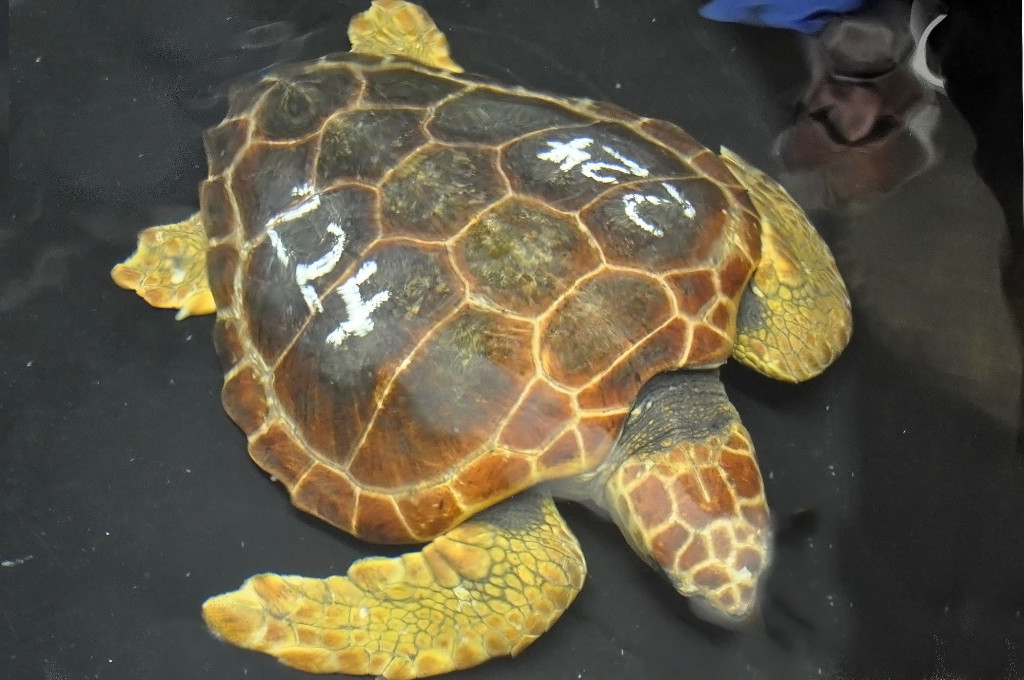
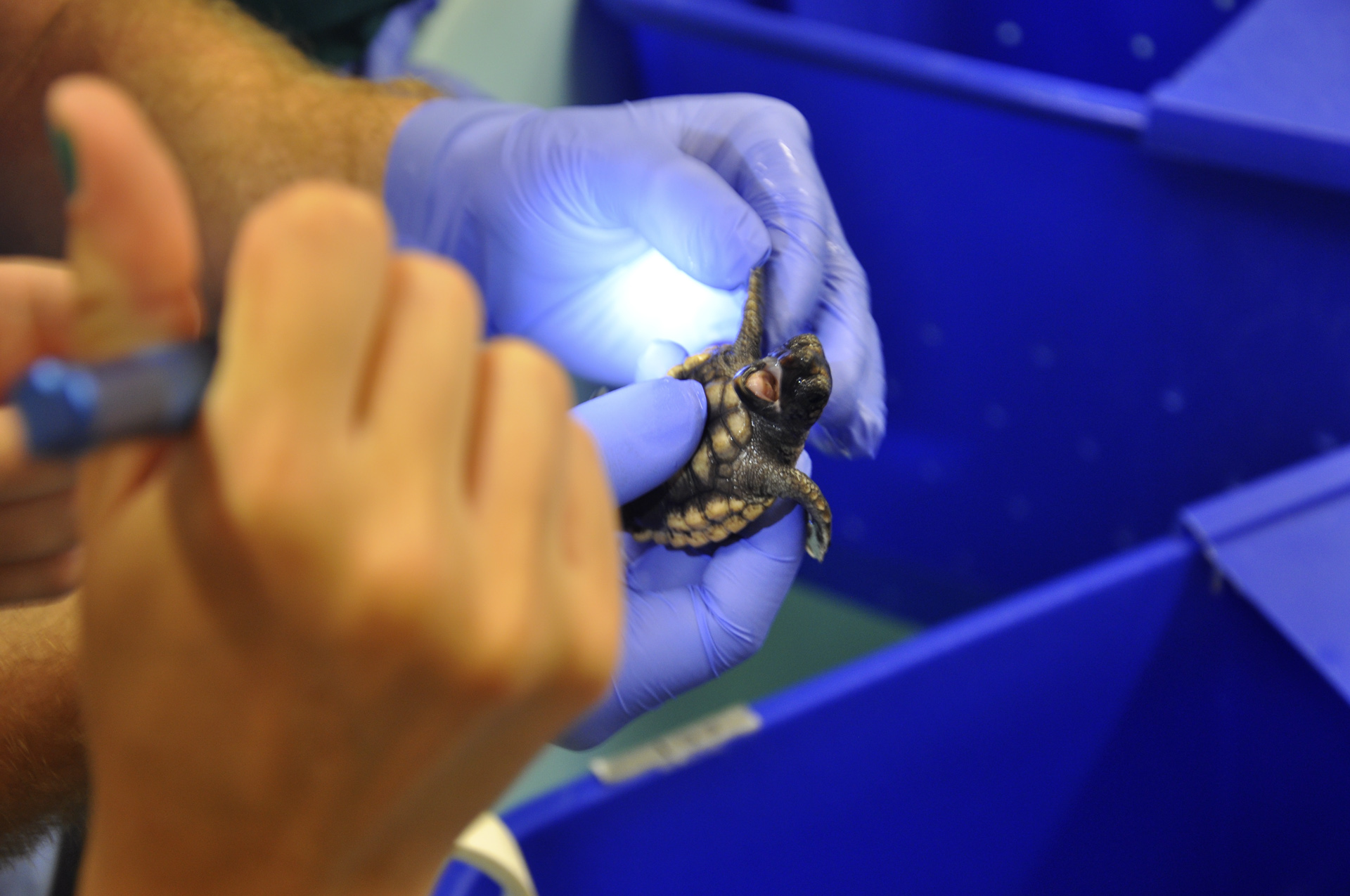
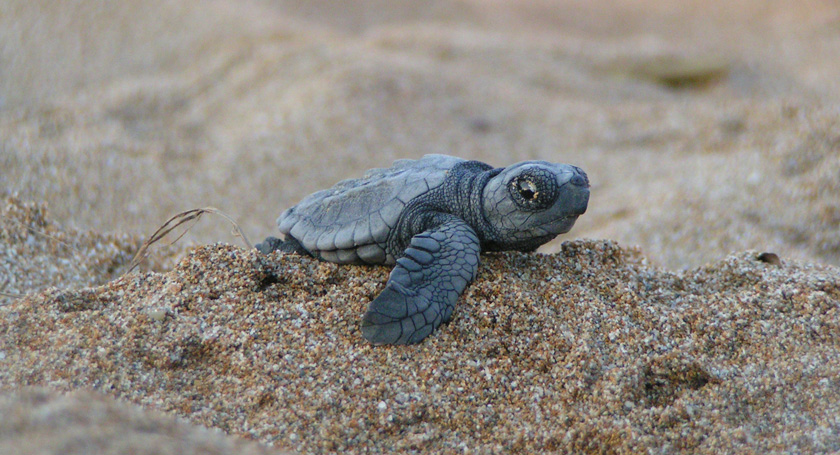
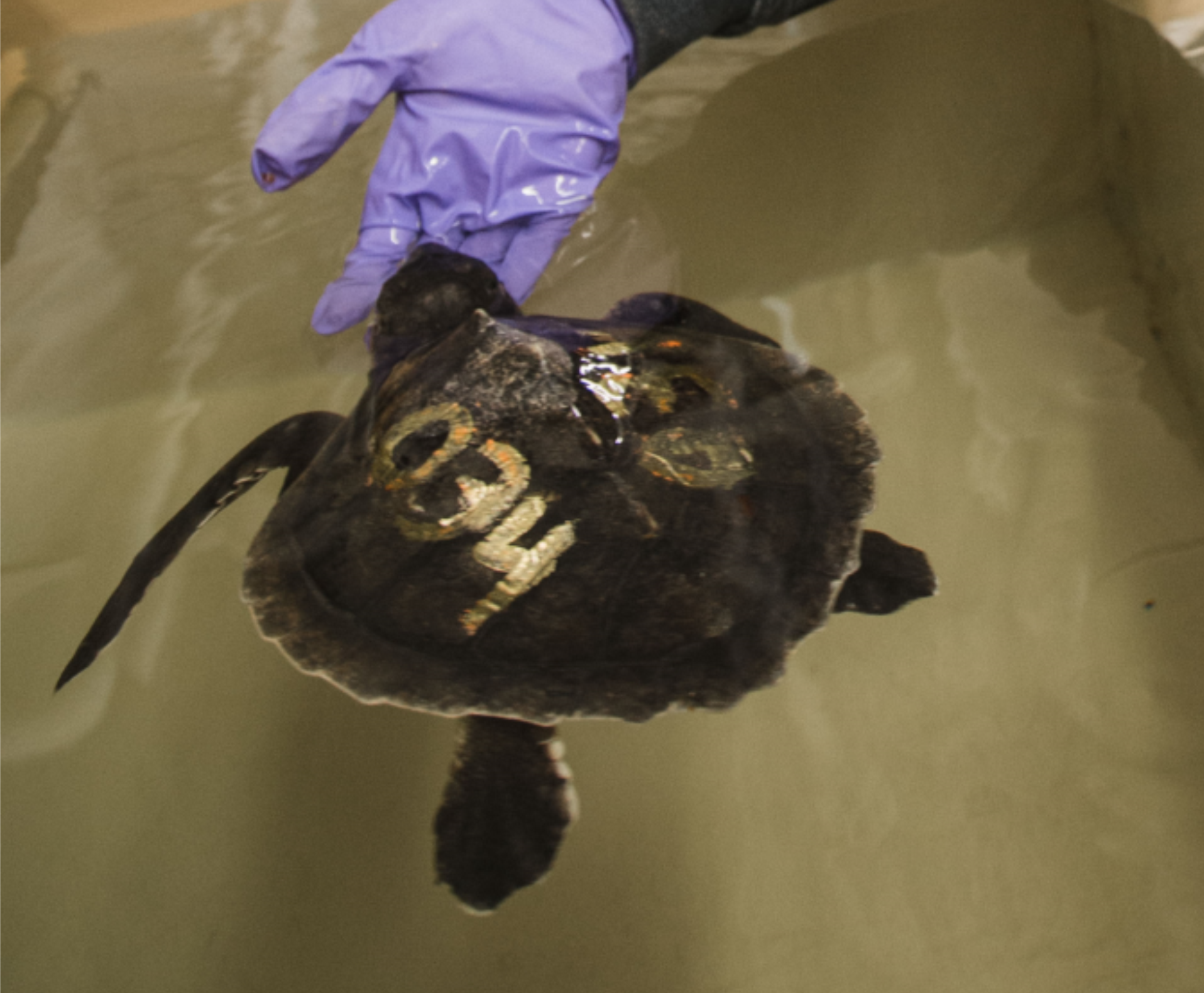
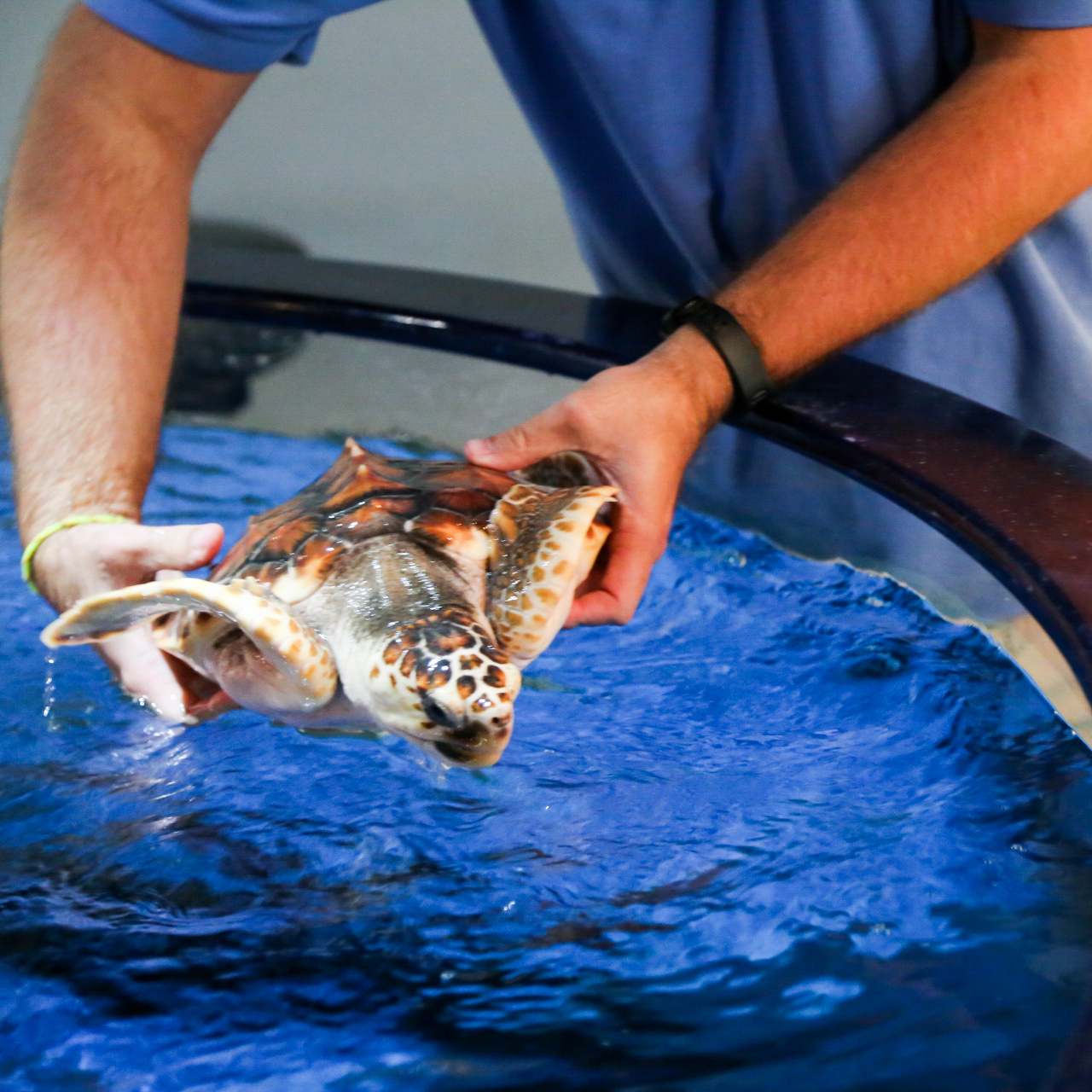

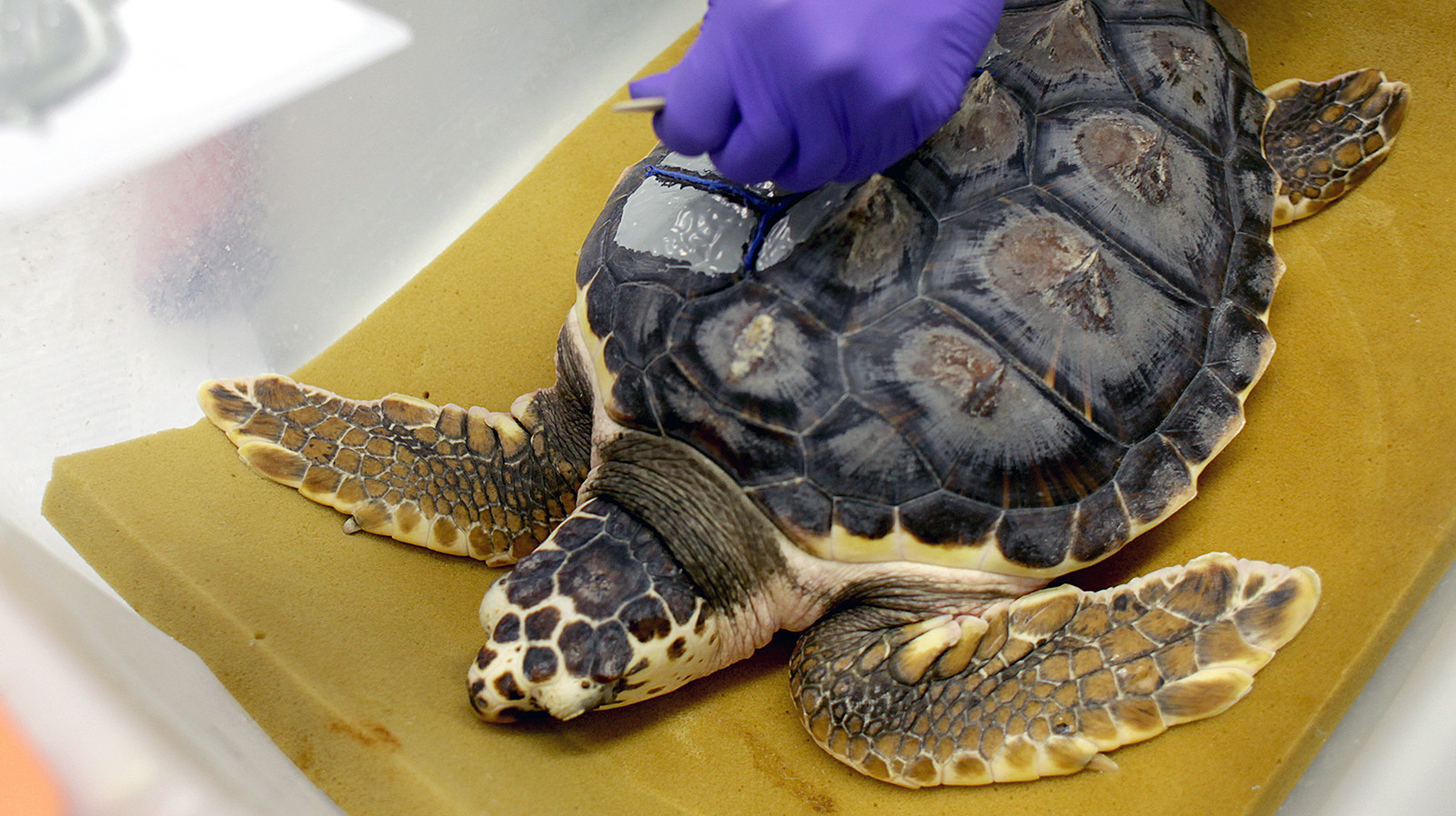

Comments
No comment yet.